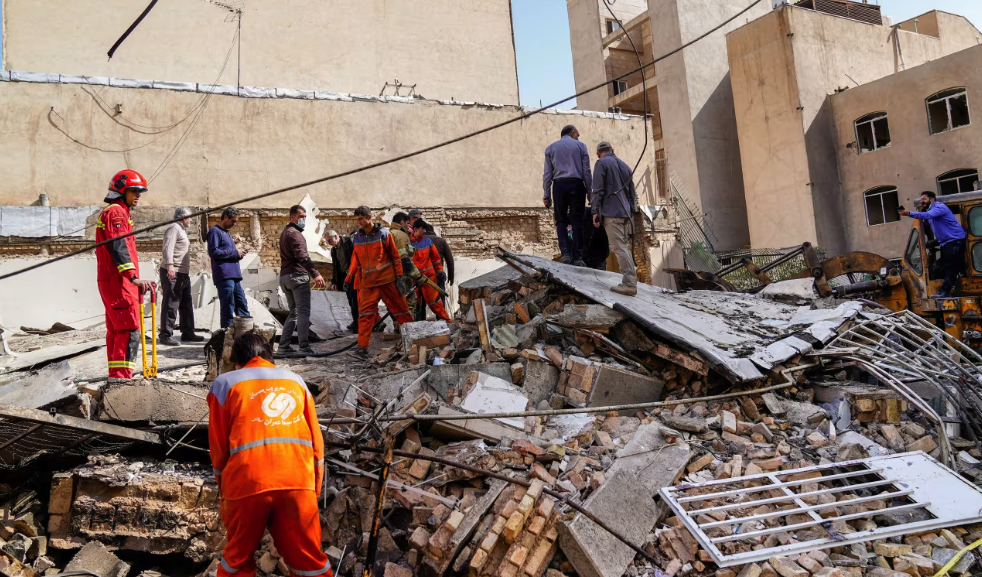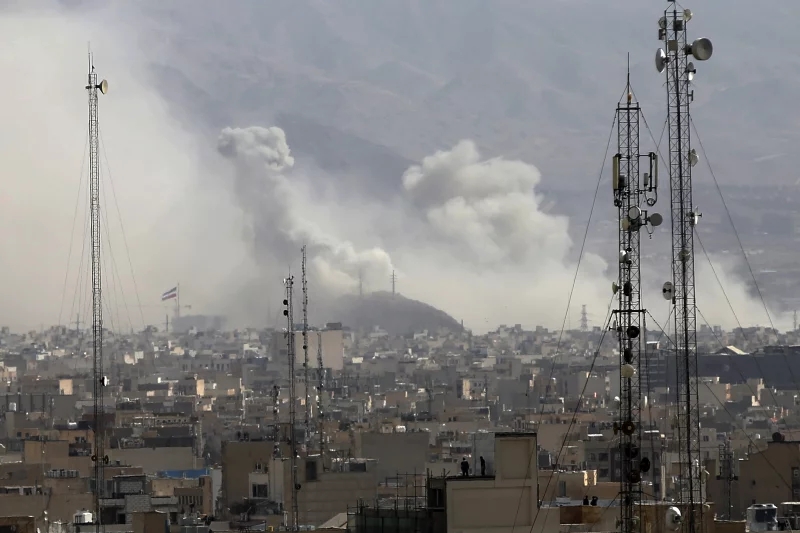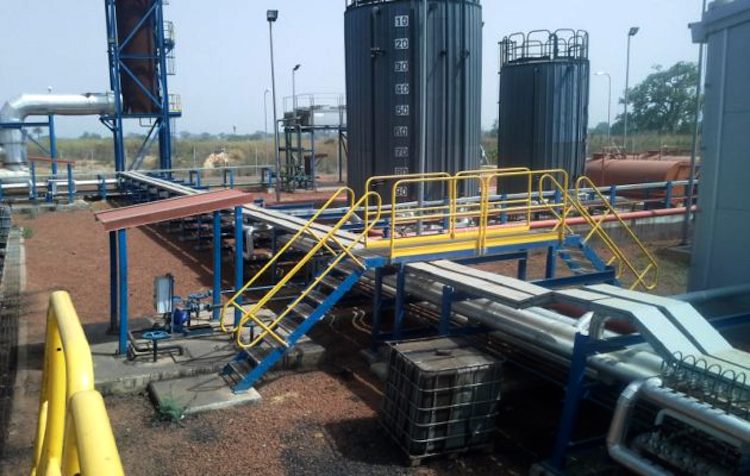Gambiaj.com – (BANJUL, The Gambia) – In a remarkable turn of events, The Gambia has witnessed an extraordinary surge in foreign direct investment (FDI), as highlighted in a recent 2023 UNCTAD report. The country’s FDI inflows have skyrocketed from a modest $18 million in 2017 to an impressive $249 million in 2021, and have remained strong at $236 million in 2022. This dramatic increase signifies a newfound investor confidence in The Gambia, particularly in the sectors of manufacturing, agriculture, and real estate.
The Gambia’s performance in attracting FDI stands out in the region. The country now draws more investment per capita and as a percentage of GDP compared to many of its neighbors, including Burkina Faso and Guinea-Bissau. This remarkable achievement reflects the effectiveness of the economic reforms that have been implemented over the past few years.
A significant portion of the investments have been directed towards manufacturing projects, accounting for more than half of the Special Investment Certificates issued to foreigners since 2017. The agricultural sector has also seen substantial investment plans, indicating a diversified interest that spans various facets of the Gambian economy.
The surge in FDI is attributed to several key reforms. The Gambia has made strides in improving its regulatory framework, enhancing infrastructure, and gaining greater access to international markets through agreements such as the African Continental Free Trade Area (AfCFTA). These measures have collectively made the Gambia a more attractive destination for foreign investors.
The Gambian diaspora has played a crucial role in this economic transformation. Remittances have quadrupled since 2017, reaching a staggering $737 million in 2023, which is equivalent to a third of the country’s GDP. This influx of funds has bolstered the economy and provided additional resources for investment.
Significant resource mobilization will be required to achieve the proposed objectives.
In addition to the changes currently carried out by the IPR, additional reforms are required to accomplish the challenging goals outlined in the nation’s development plan. This paper suggests additional steps to enhance the investment climate, such as updating the investment legislation, adding sustainability provisions to investment agreements, and making it easier for businesses to establish themselves.
Despite these successes, the UNCTAD report points out that there are still challenges to address. The Gambia needs to continue refining its investment legislation, improve land management practices, streamline tax regimes, and enhance its investment promotion strategies to maintain and build on its current momentum.
The Gambia’s impressive FDI growth is a testament to the country’s successful economic reforms and the growing confidence of investors. However, sustained efforts are necessary to overcome existing challenges and ensure that this upward trajectory continues. As The Gambia moves forward, the focus will remain on creating an even more conducive environment for investment, fostering economic growth, and enhancing the prosperity of its people.










